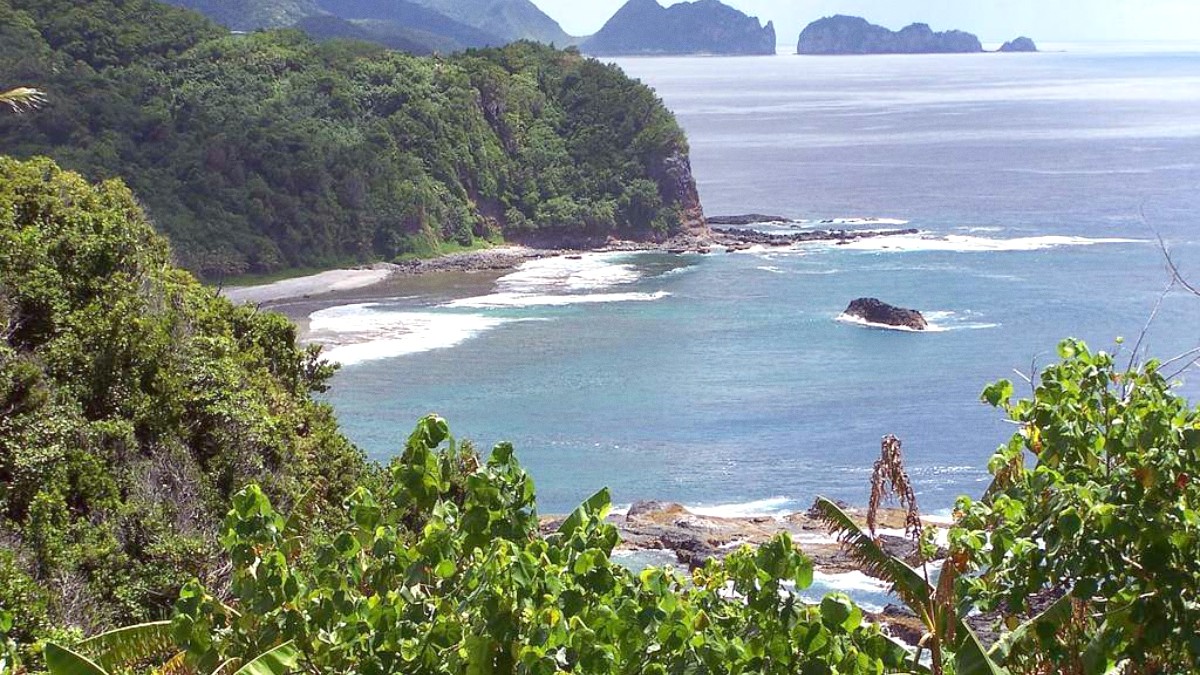
Samoa
Download offline maps of Upolu and Apia before your trip for navigation without internet.
Download the Samoan language pack for offline use; it helps with basic communication.
A useful tool for quickly converting Samoan Tala to your home currency.
Use a reliable weather app to check current conditions and monitor for cyclone warnings.
Consider a local SIM card upon arrival for consistent internet access.
The official source for tourist information, including attractions and events.
Detailed weather forecasts and important cyclone warnings are available here.
Look up "Samoa Shipping Corporation ferry schedules" for Upolu and Savai'i travel.
Follow official Samoa Tourism accounts for real-time updates and announcements.
Search for podcasts or travel blogs on Samoa for personal stories and insights.
A general guidebook on the South Pacific or independent Samoa guides provide context. Look for resources like "International Travel Maps Samoa Map".
"Samoa: A Hundred Years Ago and Long Before" offers historical insights. Explore local authors or Polynesian mythology.
A good physical map of Upolu and Savai'i is invaluable. It helps visualize distances and routes, especially where connectivity is patchy.
Physical maps remain useful where digital signal is weak. Carry one for navigation clarity.
The tropical sun is powerful. Frequent sunscreen application and protective clothing are wise.
Practice responsible waste disposal and respect local ecosystems. Keep Samoa beautiful.
Always report lost or stolen documents to your embassy or consulate immediately.
Samoa's way of life is centered on family, community, and respect.
Warmth and hospitality of Samoan people create lasting memories.
Pristine beaches, lush rainforests, and stunning waterfalls inspire awe.
Many find the unhurried pace a refreshing change, promoting calm.
Tranquility here fosters reflection and disconnecting from daily distractions.
Engaging with a simpler life cultivates growth and gratitude.
Opt for traditional beach fales or tours directly operated by local communities.
Consider contributing to reputable local conservation or educational programs.
Your actions as a traveler shape the destination. Commit to sustainable and responsible practices.